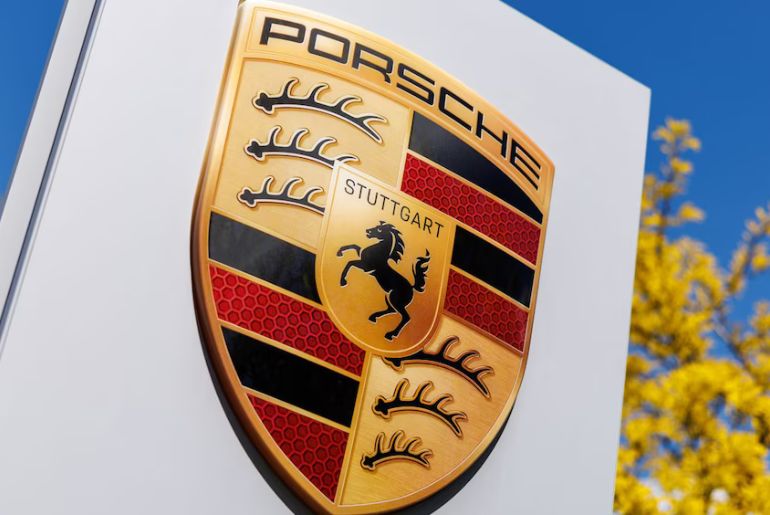Porsche is recalibrating its electric mobility strategy by shifting its subsidiary, Cellforce Group GmbH, away from large-scale battery production and concentrating instead on research and development. The decision reflects a changing global EV market, where slower-than-expected adoption in key regions such as the U.S. and China has reduced the economies of scale needed to make in-house battery manufacturing viable.
Cellforce, established as a joint venture with ambitious goals of producing high-performance lithium-ion batteries for Porsche’s premium EV lineup, had been central to the automaker’s vertical integration strategy. However, with electric motorcycles, cars, and SUVs not achieving projected sales volumes outside Europe, Porsche has opted to reorient the subsidiary toward developing cutting-edge technologies rather than competing with established Asian battery suppliers in mass production.
Impact on Workforce and Partnerships
The restructuring will significantly impact the workforce, with nearly 200 of Cellforce’s 300 employees set to be affected. Porsche emphasised that the reduction will be managed in a “socially responsible” manner. Many employees will have opportunities within Volkswagen Group’s battery company, PowerCo, while others may transition into roles at V4Smart, a battery subsidiary Porsche acquired earlier this year. This approach ensures that their technical expertise continues to benefit the group’s broader EV ecosystem.
Europe Versus Global Markets
While EV adoption in Europe remains relatively strong—Porsche achieved an electrification rate of around 57% in the first half of 2025—global sales trends tell a different story. In China and the U.S., demand for premium EVs has slowed due to cost pressures, tariffs, and consumer hesitancy about charging infrastructure. This divergence has made large-scale, Europe-based battery production less competitive, prompting Porsche to rethink its priorities.
Why the Strategic Shift Matters
Industry experts see this as a pragmatic move. By focusing on advanced research, Porsche can continue to innovate in battery chemistry, performance, and efficiency without bearing the financial risks of large-scale production. This shift also aligns with Volkswagen Group’s wider battery strategy, where PowerCo serves as the main hub for scalable manufacturing, leaving Porsche to focus on high-performance breakthroughs that could eventually feed into future sports cars and luxury EVs.
Commitment to Electrification Remains Strong
Despite scaling back production ambitions, Porsche reaffirmed its long-term commitment to electrification. The company plans to roll out several new EV models in the coming years, supported by research-driven improvements in range, charging speed, and sustainability. This strategy underscores Porsche’s belief that innovation, rather than volume production, will define its competitive edge in the luxury EV space.
Ultimately, Porsche’s decision illustrates the delicate balance automakers must strike between ambition and market realities. While the dream of full vertical integration in battery manufacturing may be on hold, Porsche’s pivot to R&D ensures it remains a leading force in shaping the next generation of high-performance electric mobility.

